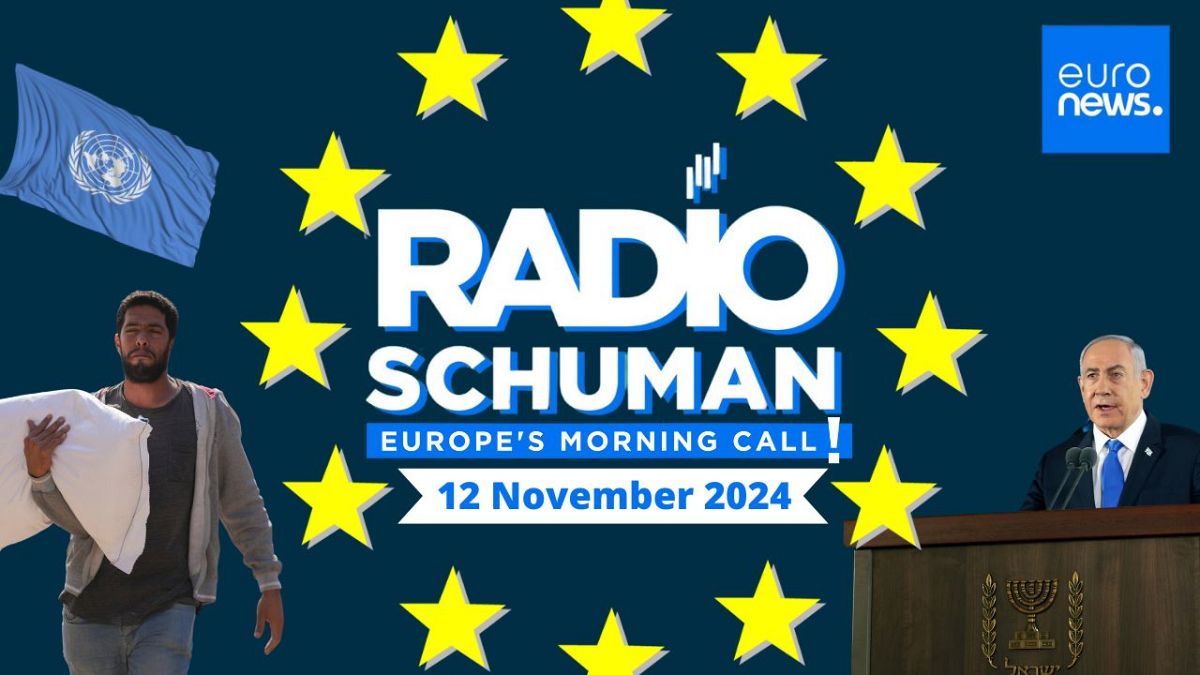Israel has announced plans to ban the United Nations Relief and Works Agency for Palestine Refugees in the Near East (UNRWA), casting doubt on the supply of humanitarian aid to Gaza. Since its establishment in 1949, UNRWA has provided emergency, education, and healthcare services to millions of Palestinian refugees, but its survival is now in question following an attack launched by Hamas against Israel on October 7. Lawmakers from the Knesset passed legislation banning the agency from operating in Israeli territory, alleging that 12 UNRWA staff members were involved in the attack. This accusation has raised concerns that UNRWA may have been infiltrated by Hamas, a designated terrorist organization by the EU and the US.
In response to the allegations against UNRWA staff members, a UN internal investigation cleared 10 employees and fired nine others for possible involvement in the October 7 attack. Most countries have resumed their funding of UNRWA, but the Israeli ban poses new challenges for the agency on the ground. The relationship between UNRWA and Hamas is also under scrutiny, with fears of potential ties between the two organizations contributing to the decision to ban the agency in Israel. The controversy surrounding UNRWA has led the European Commission to reconsider its support, prompting several EU countries, including France and Germany, to temporarily suspend funding, further exacerbating the humanitarian crisis in Gaza.
Scott Anderson, the director of UNRWA in Gaza, sat down with Euronews to discuss the implications of the Israeli ban on the agency and shed light on UNRWA’s relationship with Hamas. As UNRWA faces mounting challenges and scrutiny, it remains to be seen how the situation will unfold and what the long-term impact will be on the delivery of humanitarian aid to Palestinian refugees in Gaza. With the future of UNRWA hanging in the balance, the international community must work together to ensure that essential services continue to reach those most in need, despite political tensions and security threats in the region.
As the controversy surrounding UNRWA continues to unfold, the European Parliament is holding commissioner-nominee hearings, marking a critical moment for the EU’s leadership and policy direction. These hearings will shape the future of key issues, including humanitarian aid, foreign policy, and international cooperation, as the EU navigates complex geopolitical challenges and strives to uphold its commitments to human rights and global stability. The outcomes of these hearings will have far-reaching implications for the EU’s engagement with international partners, including UNRWA, and will influence the region’s response to ongoing conflicts and humanitarian crises.
Looking ahead, the future of artificial intelligence (AI) driving is explored on Radio Schuman, where the potential for AI to tailor the driver experience to individual preferences and enhance road safety is examined. With advances in AI technology rapidly transforming the automotive industry, the concept of personalized driving experiences and autonomous vehicles presents exciting opportunities for innovation and sustainability. As society grapples with the implications of AI on various sectors, including transportation, Radio Schuman offers insights into the evolving landscape of AI-driven solutions and their impact on daily life. Join hosts Maïa de la Baume and Eleonora Vasques as they delve into the possibilities and challenges of AI driving, with contributions from industry experts and policymakers shaping the future of mobility.











